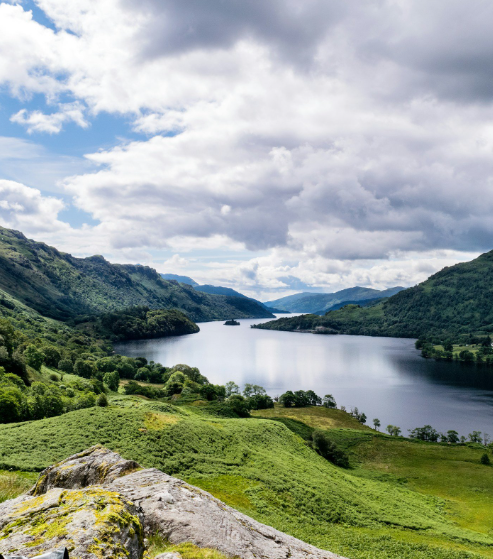Vodafone is launching a three-year initiative aimed at protecting the UK’s National Parks through the power of technology. This collaboration will integrate Vodafone’s Internet of Things (IoT) and artificial intelligence (AI) capabilities into conservation efforts, supporting both environmental preservation and public engagement across all 15 National Parks in the UK.
At the heart of this partnership is a shared mission: to use cutting-edge technology to help preserve natural landscapes and improve access for the millions of people who visit these parks each year. For Vodafone, this move represents an extension of its commitment to sustainability and innovation in support of broader net-zero goals.
A major focus of the programme will be the application of AI to streamline habitat mapping. Traditional biodiversity assessments often take months of manual work, but AI tools promise to drastically reduce that timeline while delivering richer, more actionable insights. This rapid data collection will empower park managers to make better decisions around land management and species protection.
Complementing AI is Vodafone’s network-based sensing technology, which will provide real-time environmental data from within the parks. These insights will cover key areas such as wildlife population trends, the impact of human activity on ecosystems, and the overall health of habitats. Vodafone previously demonstrated the potential of this technology during a flood-monitoring pilot along the River Severn, showing how mobile networks can double as environmental sensors.
Beyond the conservation tech, Vodafone’s plan includes initiatives to help the public connect more deeply with nature. The programme aims to lower barriers to access, encourage more visits, and highlight the health benefits of time spent outdoors. It’s an effort to inspire more people to explore the UK’s wild spaces, especially those who may feel disconnected from them.
New research commissioned by Vodafone illustrates the challenge. Despite outdoor activities being valued at £8.4 billion in health benefits annually, only 8% of people in the UK report spending time in nature every day. A significant majority—82%—would like to get outside more often, but many cite barriers such as lack of time or not having someone to go with.
Interestingly, the research also highlighted how technology helps fill that gap. Over half of respondents use digital tools, such as nature photography or social media, to feel connected to the outdoors. This trend is most pronounced among younger generations, with nearly half of 16 to 34-year-olds relying on tech to support their wellbeing when physical access to nature isn’t possible. Encouragingly, this age group also leads in park visits, with over a third having recently explored a National Park.
There’s also a clear expectation that businesses should contribute to solving environmental issues. Nearly four in five people believe companies have a role to play, particularly in areas such as habitat restoration, improving public access, and deploying technological solutions to environmental problems.
Catherine Mealing-Jones, CEO of Bannau Brycheiniog National Park and a member of the National Parks Partnerships Board, underscored the importance of this kind of support. She emphasized the multifaceted value of National Parks—not just for their beauty, but as vital ecosystems, climate adaptation tools, and sources of community wellbeing. However, she noted that barriers like lack of confidence or limited knowledge about where to go still prevent some people from enjoying these spaces.
By bringing technology into the equation, Vodafone aims to help remove these barriers. Whether it’s through interactive tools, better data, or digital outreach, the goal is to make National Parks more accessible and inviting—while simultaneously enhancing their protection.
This initiative aligns with Vodafone’s broader environmental ambitions, including a pledge to reach net zero across its UK operations by 2040. It also demonstrates how large corporations can be active players in environmental stewardship, not only through internal practices but by forging meaningful partnerships that benefit people and planet alike.
In fusing digital innovation with environmental responsibility, Vodafone’s latest project is a compelling example of how technology can strengthen our relationship with the natural world—both by preserving it and by helping more people experience it firsthand.


